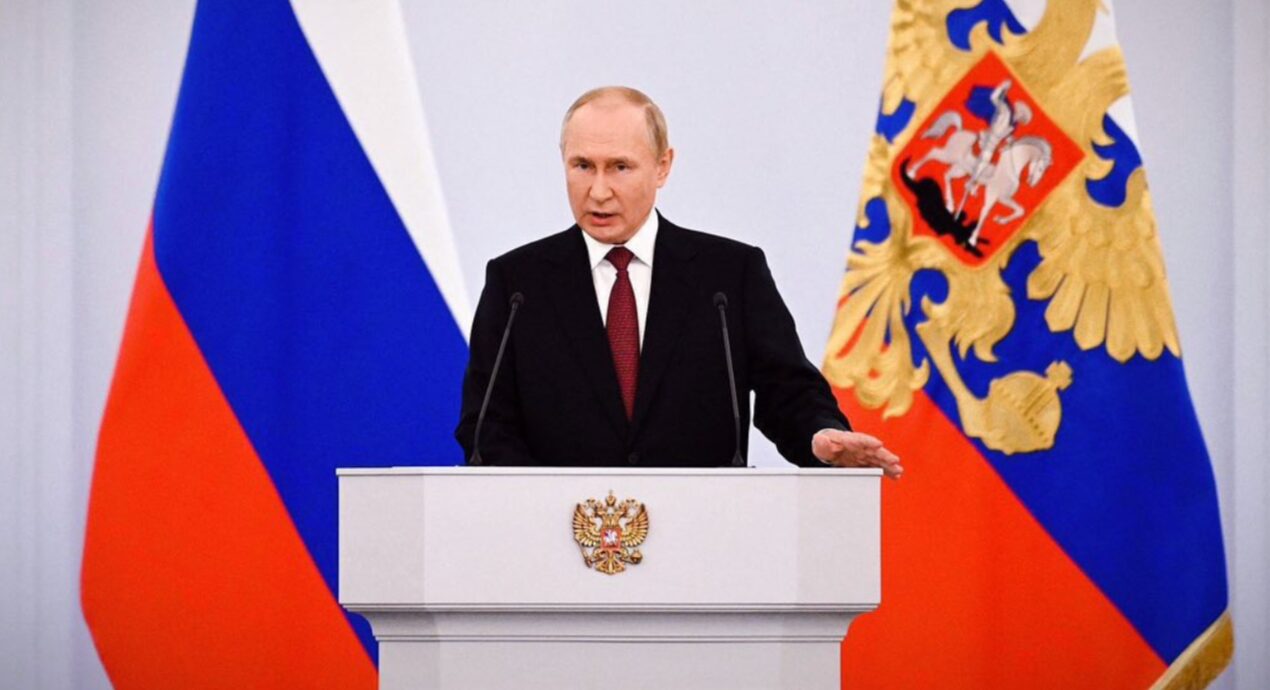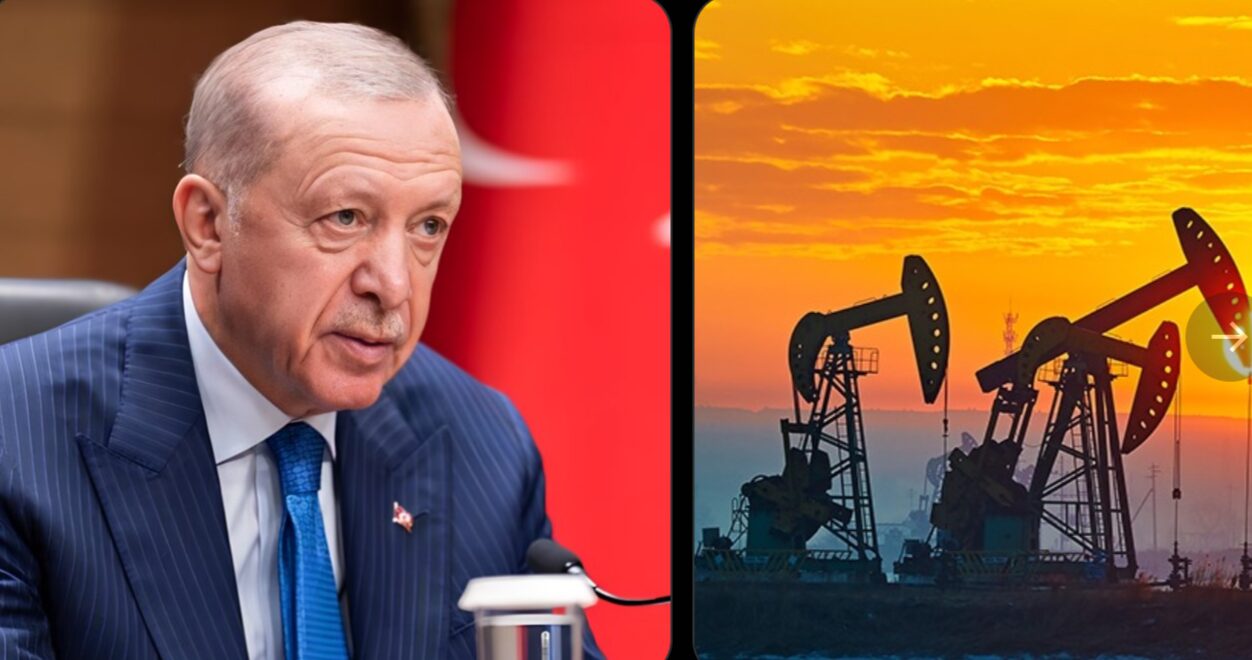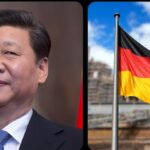Russia Seizes Control of Ukraine’s Largest Lithium Deposit: What It Means for Global Energy and Geopolitics
In a significant and unsettling development, Russia has reportedly taken control of the village of Shevchenkovo, located in the Donetsk region of Ukraine. This village is home to the largest lithium deposit in the country, a resource that holds immense value in the global transition to green energy. The seizure of Shevchenkovo represents a key strategic move by Russia, one that could have far-reaching implications not only for Ukraine and Russia but also for the global market for lithium, a critical material for electric vehicle (EV) batteries and renewable energy storage.
As the conflict between Russia and Ukraine continues to evolve, the control of such valuable resources underscores the geopolitical and economic stakes in the region. This latest development raises important questions about the future of global energy, the role of lithium in the green transition, and the potential consequences for international relations.
The Strategic Importance of Lithium
Lithium, often referred to as the “white gold” of the energy transition, has become one of the most sought-after minerals in recent years. It is essential for the production of rechargeable batteries used in electric vehicles, smartphones, laptops, and renewable energy storage systems. As the world moves toward decarbonization, the demand for lithium is expected to rise exponentially.
Ukraine’s Shevchenkovo deposit, estimated to be one of the largest lithium reserves in Europe, has the potential to play a pivotal role in meeting global demand for this vital resource. With major automakers and energy companies transitioning to electric solutions to meet climate goals, lithium has become a critical asset, making any disruption to its supply chain a matter of global concern.
The seizure of Shevchenkovo could have a ripple effect on the global market for lithium, especially as countries and companies race to secure their access to this crucial material. This action further complicates an already tense geopolitical landscape and raises concerns about the security of supply for countries relying on lithium for their green energy ambitions.
Russia’s Motivations Behind the Seizure
The control of Shevchenkovo and its lithium deposits offers several strategic advantages to Russia. First and foremost, it grants Russia access to a valuable resource at a time when the country is facing increased sanctions and economic isolation from the West. Securing control over such a critical resource could provide Russia with leverage over the global energy market, especially in the context of the ongoing war in Ukraine.
Additionally, Russia’s military actions in Ukraine have not only focused on territorial gains but also on economic assets, particularly those related to natural resources. By gaining control of Shevchenkovo, Russia not only bolsters its geopolitical position but also ensures that it can tap into Ukraine’s resource-rich regions, which have been a major source of wealth for the country.
For Russia, the seizure of the lithium deposit could also be seen as a way to strengthen ties with countries and companies that are heavily reliant on lithium. Russia could use its newfound control to manipulate the global lithium supply, potentially influencing the prices of this resource. As a result, countries with growing demand for lithium, including China, the European Union, and the United States, will likely be monitoring the situation closely.
The Implications for Ukraine and Its Economy
For Ukraine, the loss of control over the Shevchenkovo region is a devastating blow, not only militarily but economically. Lithium deposits like those found in Shevchenkovo are seen as a key asset for Ukraine’s long-term economic development. Before the war, Ukraine had been positioning itself as a significant player in the global lithium market, and the Shevchenkovo deposit was expected to be at the heart of that strategy.
Ukraine’s mineral wealth, which includes vast reserves of lithium, iron ore, and other valuable resources, has long been an economic asset. However, the war has complicated the country’s ability to extract and export these resources. With Shevchenkovo now under Russian control, Ukraine loses not only an important source of revenue but also the opportunity to develop its mining sector in line with the global demand for clean energy technologies.
The loss of lithium resources could significantly hinder Ukraine’s post-war reconstruction efforts. As the country looks to rebuild its economy and infrastructure, access to such resources would have played a critical role in driving growth and attracting foreign investment. The geopolitical ramifications of losing control over such a valuable asset will likely be felt for years to come.
Global Impact on the Lithium Market
The seizure of Shevchenkovo and the control over Ukraine’s largest lithium deposit could have significant implications for the global lithium market. As nations around the world scramble to secure their energy transition needs, this development adds a layer of uncertainty to the supply chain for lithium.
1. Price Volatility and Supply Chain Risks
With global demand for lithium already outpacing supply, the seizure of a major lithium deposit like Shevchenkovo could exacerbate supply chain issues and drive up prices. Countries and companies dependent on lithium for electric vehicles and renewable energy storage systems may find themselves facing higher costs as the market reacts to the disruption in supply.
The uncertainty surrounding the future of lithium resources in Ukraine could also lead to an increase in exploration and extraction efforts in other parts of the world. Countries like Chile, Argentina, and Australia, which are home to some of the largest lithium reserves, may see increased investment as businesses and governments look to diversify their sources of supply.
2. Impact on the EU’s Green Energy Goals
Europe’s push toward achieving net-zero emissions by 2050 relies heavily on the adoption of electric vehicles and renewable energy. The European Union has already faced challenges in securing a stable and reliable supply of lithium, and the loss of Ukrainian lithium exacerbates those challenges. The EU will now need to look for alternative sources of lithium or consider accelerating recycling efforts to reduce dependence on primary lithium extraction.
As European automakers and energy companies ramp up their transition to clean energy, the control of key lithium deposits in Ukraine could have long-term implications for the continent’s green energy ambitions. If Russia holds on to these resources, it could further complicate the EU’s efforts to meet its climate targets and reduce reliance on foreign energy supplies.
3. The Role of China in the Global Lithium Market
China is one of the largest consumers of lithium, as it leads the world in electric vehicle production and renewable energy storage. China has been aggressively securing lithium assets globally through investments and partnerships with lithium-producing countries. With Russia now in control of Shevchenkovo, China may seek to expand its influence in the region, either through direct investment or partnerships with Russia to gain access to the lithium reserves.
China’s involvement in Ukraine’s lithium market could further complicate the geopolitical landscape, as China’s growing dominance in global energy markets raises concerns in the West. The U.S. and European countries will be watching closely to see whether China deepens its involvement with Russia in the lithium sector, as this could have broader implications for global energy security.
In Conclusion
The seizure of Shevchenkovo and Russia’s control of Ukraine’s largest lithium deposit is a significant turning point in the ongoing war and in the global energy transition. For Russia, it provides strategic leverage in the global lithium market, while for Ukraine, it represents the loss of a key economic resource at a time of war and instability. The global market for lithium is already facing significant challenges, and this new development could exacerbate those challenges, driving up prices and disrupting supply chains.
As countries around the world continue to push for cleaner energy solutions, the geopolitical implications of resource control, particularly over critical minerals like lithium, will only become more pronounced. The situation in Shevchenkovo serves as a stark reminder of how global energy needs intersect with regional conflicts and the shifting power dynamics in today’s world. The world will be watching closely as the situation in Ukraine unfolds, with the fate of the Shevchenkovo lithium deposit being just one of many issues that will shape the future of global energy security.

















Post Comment